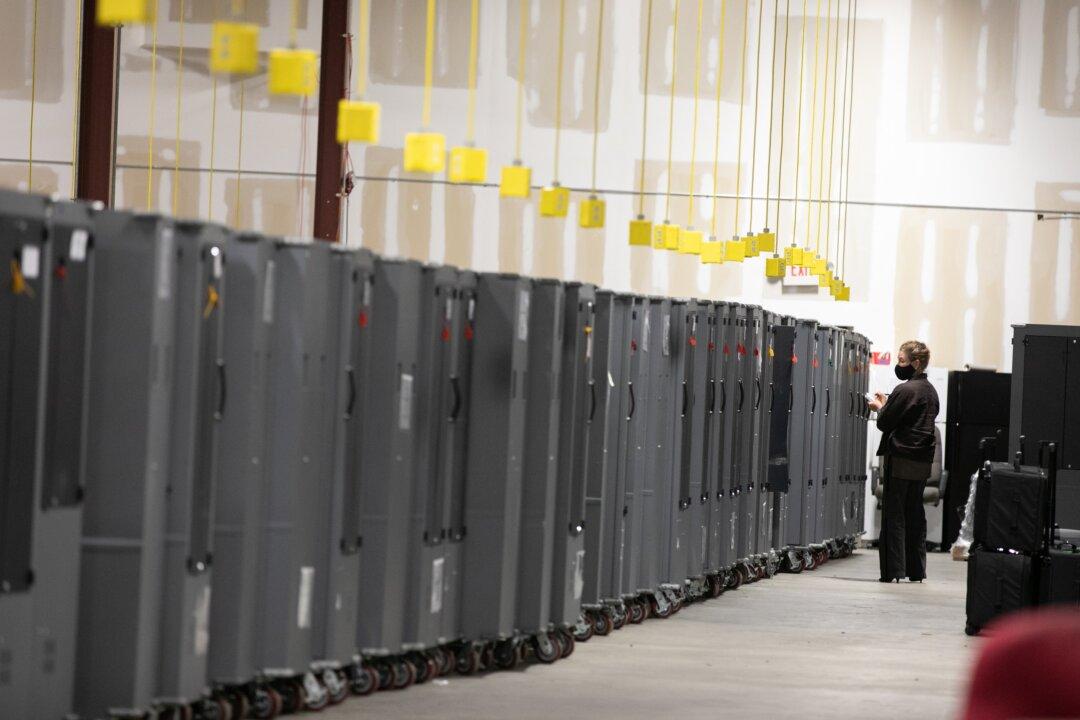Commentary
Can we set aside politics for a minute and discuss the last election? Not about who won the presidency but about the election process itself. It was a convoluted mess.

Can we set aside politics for a minute and discuss the last election? Not about who won the presidency but about the election process itself. It was a convoluted mess.